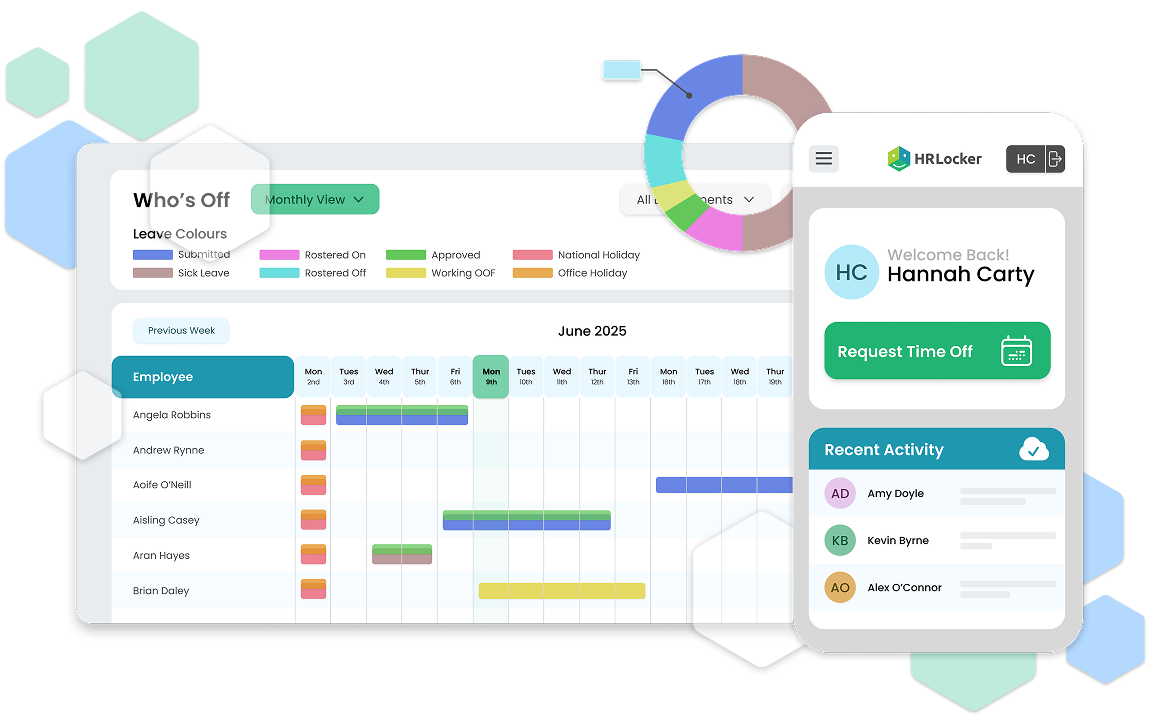The biggest asset, besides people, in any business is time. So, whether it’s investing time understanding clients, spending time reviewing your team, or reporting on time wasted, business is unquestionably all about time.
All businesses are focused on profitability and continued growth. But, is this possible if an organisation doesn’t realise the importance of time management? And how can companies better manage time?
Invest in a Good Management System
An efficient and effective time management system is a basic need for any company. Arguably, any effort that can’t be measured in terms of data is worthless. How time is spent is a fully tangible set of figures and not up for debate or open to opinion.
Planning
All organisations, large and small, have limited resources. The planning process provides the information top management needs to make an effective decision about how to allocate the resources in a way that will enable the organisation to reach its objectives. Productivity is maximised and resources are not wasted on projects with little chance of success.
Continuous Professional Development
For employers, one of the best reasons for continuous professional development (CPD) is to make sure that standards in the company remain high and consistent. CPD also helps with work engagement from the workforce and general commitment to job roles. Having a number of employees undertake CPD allows for the sharing of best practices and support.
Review Employee Performance Regularly
Performance reviews are important because they help each side of the table gather thoughts and become more familiar with the areas that need improvement and those that are working well. It’s also a great way to reward good work within the organisation and make employees feel valued. A happy workforce leads to a healthy business!
Personnel Management
Remote work has grown by 140% since 2005, nearly 10x faster than the rest of the workforce. In fact, over 4.3 million employees now work from home at least half the time, according to Global Workplace Analytics. Facilitating remote working & managing holiday planning of key employee members is essential to the future of all modern businesses.

 2 min read
2 min read
 January 7, 2020
January 7, 2020 







